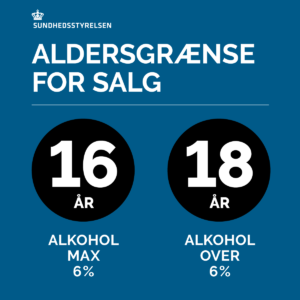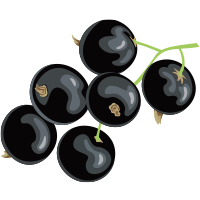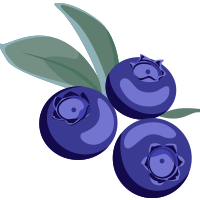This straightforward but well-rounded red wine exudes the Douro’s healthy and well-groomed fruit in a quality that is only possible when the grape material is at its best, the winery as well and the winemaker is in control. Here, the focus is on fruit, freshness and drinkability. This is both good and liberatingly unambitious wine; it finds itself comfortably in the category of spontaneous joy of life.
The grapes are a trio consisting of regulars from port wine production; tinta roríz, touriga nacional, and touriga franca. They are harvested from low-yielding, old vines at perfect maturity from the slate-covered hillsides in the heart of the Pinhão Valley, which contains the region’s best fields. Quinta do Portal has its home in the same place, and here they have invested a large pile of money in a modern winery built into a mountainside, so, among other things, the cellar stays cool all year round.
In 2017, the grapes were picked by hand in mid-September under nothing less than perfect conditions. After fermentation, the wine spent nine months in French oak of varying age. Here the wine is rounded off and the oak has contributed extra complexity and gentle tannins to the finished wine.
Aroma and taste go in the direction of ripe blackberries and mulberries, which fit elegantly with the minerality of the wine. Barrel aging goes largely unnoticed and the natural fullness of the wine does not tire any taste buds.
This is a wine with personality that can be enjoyed both now and a handful of years from now, preferably with medium-strong meat dishes.
Serve slightly below room temperature at 15-18°, preferably in spacious burgundy glasses.
90 points Robert Parker’s Wine Advocate
“One of the best ever in the brand, so it seems now, this is surprisingly rich, lush and deep for the level. The flavors are vivid, but there is structure as well. As it sits, it demonstrates a backbone, even if the tannins are ripe. I hesitate to lean up too far on this regular Tinto, but it seems today to merit it. It does have some things to prove in the cellar. At the moment, it is mightily impressive. It should age reasonably well, but let’s take that in stages.”
Mark Squires, TWA #246, December 2019



